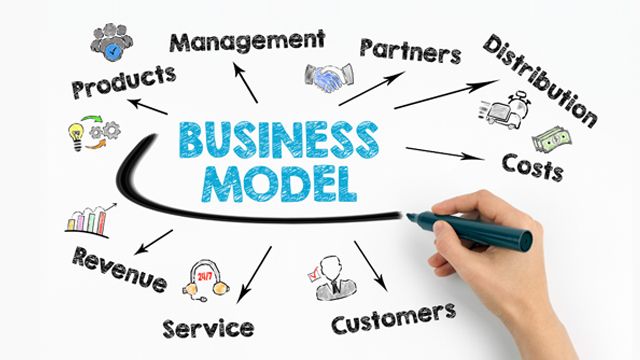How Franchise Your Business Model Early On

When you sell your first franchise, the initial development efforts typically consist of franchisees who wouldn’t necessarily make the cut later in your franchise system’s life cycle. Mature franchise systems are much more aggressive and diligent as to who is allowed into the franchise network.
This isn’t necessarily a luxury that new franchisors can afford. The largest single point of failure for a new franchisor is to not sell the initial five units that start to validate the business model and brand. This puts a significant amount of pressure on new franchise systems to get these initial units sold and as a result, typically the failure rate is higher for early-stage franchisees.
- Who typically buys the first five franchises of a new franchisor? They usually are a bit more entrepreneurial than they probably ought to be. They are willing to take more of a risk and see the longer-term vision of the brand and the leadership of the franchise company.
They want to negotiate the fees, territory, and other material items in the franchise agreement. As a new franchisor, you need to be careful with who you sell these, while not screening too hard, you also should be able to spot the landmines who really exhibit poor character traits for a franchisee.
You also should be conscientious of how large and how exclusive you make territories as these early agreements sometimes become a thorn in growing franchisors’ sides as they gave away too much or were too generous with early franchisees. - What kind of terms should be considered when negotiating a franchise agreement with early-stage buyers? We have seen anything and everything negotiated in a franchise agreement, I wouldn’t rule out any possible terms as negotiating points if the buyer is right and the long-term opportunity justifies the deal.
Make sure that you get enough money up front and try not to touch royalty structures as the long-term revenue stream will have an exponential impact on your bottom line and in most cases don’t make as significant of an impact in the negotiations of the franchise sale. Look first at the initial franchise fee and territory size, most early-stage franchisees will respond to these offers. - How do you find early-stage franchise buyers? Most of the time, early franchise investors come from the same channels from which the majority of franchise sales originate. We recommend the franchise lead portals, although they are not necessarily the best leads all the time, they are consistent and with the right sales process will produce sales for an early franchisor.
Organic leads will many times play a large role in early franchise sales, pay attention to customers who ask about the franchise, leads that come in off your corporate site, or referrals that come to you asking about franchises. - Managing the franchise registration process while you sell your early franchises, you should be careful with managing the franchise regulatory process. First, you need to make sure that you have a good franchise attorney involved in your sales and transactions with each of your new sales and make sure that you have a solid franchise disclosure document.
Cover yourself to make sure that the sales are managed appropriately and also that you are careful to manage the franchise registration process.
We recommend limiting any communication with potential franchisees in franchise registration states as soon as you find out what states they are located in. Know the franchise registration states and understand that your franchise must be registered in these states prior to any marketing or sales activities taking place with a potential franchise buyer.
For more information on how to franchise your business and how to sell your first franchises, contact us.
- How does the Stark Law work in Franchise Business Models: Legal Considerations and Compliance - January 25, 2024
- Jollibee Franchise: A Flavorful Journey Through History - January 25, 2024
- How Franchisors Tackle Daily Challenges in Business Management - January 23, 2024

